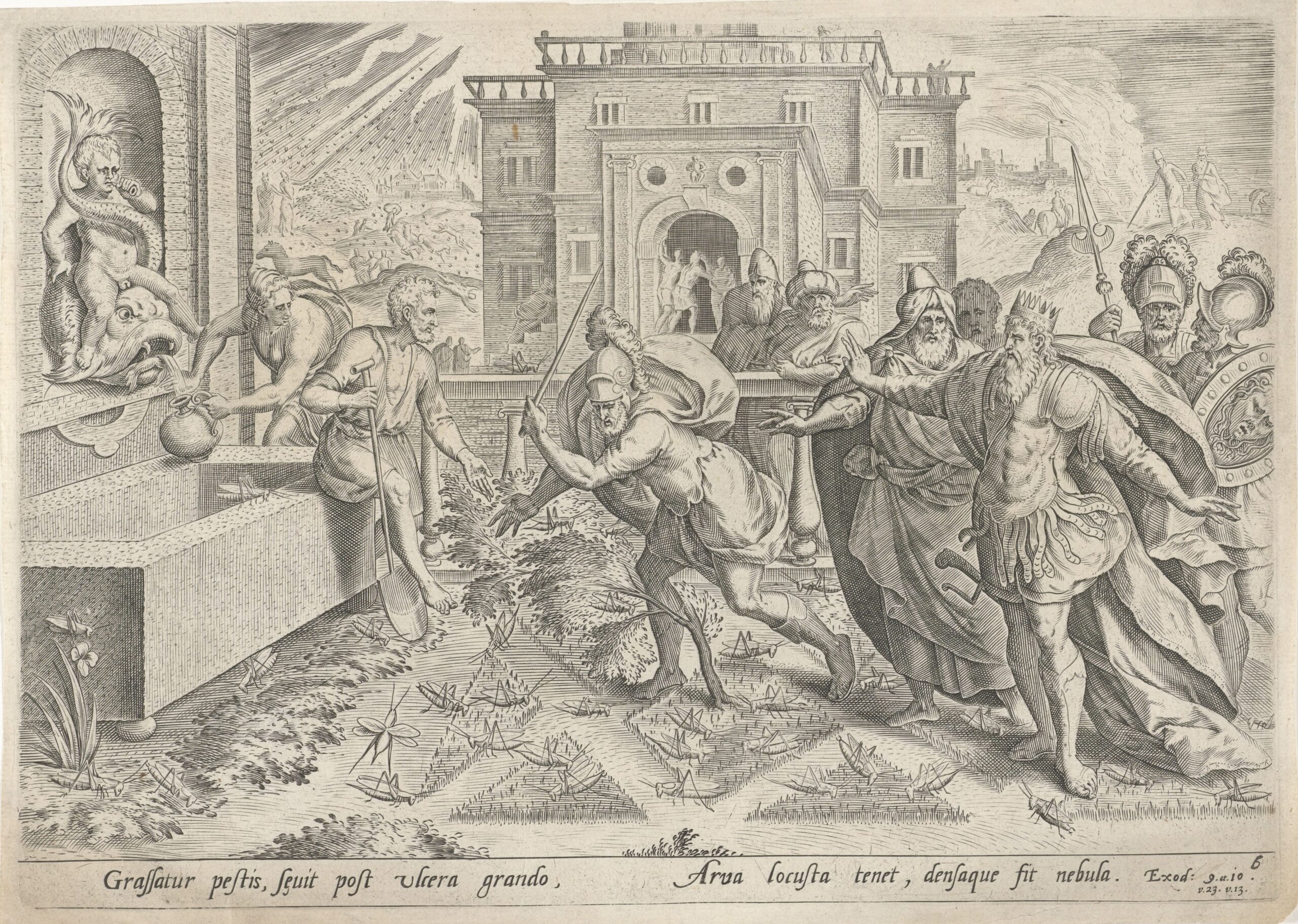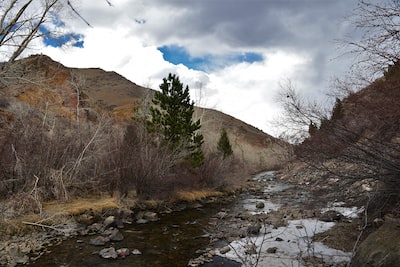In Exodus chapter 5, we see Moses and Aaron going before Pharaoh to deliver God’s message of release for the Israelites. The Israelites had been enslaved in Egypt for many years, and now God was ready to deliver them.
Moses and Aaron go to Pharaoh and say, “Thus says the Lord, the God of Israel: ‘Let my people go, that they may hold a feast to me in the wilderness.'” This is God’s command to Pharaoh, instructing him to release the Israelites so they can worship and serve Him freely.
But Pharaoh does not respond favorably to their request. In fact, he stubbornly refuses and says, “Who is the Lord, that I should obey his voice and let Israel go? I do not know the Lord, and moreover, I will not let Israel go.” Pharaoh’s heart is filled with pride and arrogance, and he dismisses the authority and power of God.
So, Pharaoh decides to increase the burden on the Israelites instead. Up until now, they were already slaves, working under harsh conditions, but Pharaoh commands his taskmasters to make their workload even more difficult. He orders that no straw be provided to make bricks, but they must gather straw themselves while still maintaining their daily brick quota.
The Israelites are overwhelmed and distressed by this new hardship. They go to Pharaoh and plead, saying, “Why do you treat your servants like this? No straw is given to your servants, yet they say to us, ‘Make bricks!’ And behold, your servants are beaten; but the fault is in your own people.”
Pharaoh refuses to listen to their complaints and accuses the Israelites of being lazy. He dismisses their grievances and increases their burden, making their task even more difficult than before.
In their distress, the Israelite foremen go to Moses and Aaron and blame them for the trouble they are facing. They say, “The Lord look on you and judge, because you have made us stink in the sight of Pharaoh and his servants, and have put a sword in their hand to kill us.”
Moses, feeling the weight of responsibility, turns to God and expresses his frustration. He questions God, asking, “Lord, why have you done evil to this people? Why did you ever send me? For since I came to Pharaoh to speak in your name, he has done evil to this people, and you have not delivered your people at all.”
Moses is struggling to understand why things have gotten worse instead of better. He is questioning God’s plan and wondering why the promised deliverance has not yet come. He feels the weight of the Israelites’ suffering and his own inability to change the situation.
In the midst of this tension and struggle, we see a foreshadowing of Messianic Jesus. Just as Moses was initially rejected by his own people and faced opposition from Pharaoh, Jesus, the ultimate deliverer, would also be rejected by his people and face opposition from worldly powers.
Just as Moses interceded on behalf of the Israelites before God and pleaded for their deliverance, Jesus would later intercede for all humanity, offering Himself as the perfect sacrificial lamb for the forgiveness of sins. Both Moses and Jesus were vessels through which God’s plan of salvation and deliverance unfolded.
The hardships faced by the Israelites in Egypt symbolize the enslavement to sin and the brokenness of humanity. Pharaoh, with his stubbornness and refusal to let the Israelites go, represents the power of sin and the forces of darkness that hold humanity in bondage.
Just as Moses and Aaron were sent by God to confront Pharaoh and demand the release of the Israelites, Jesus was sent by God to confront the power of sin and offer freedom to all who believe in Him.
In Exodus 5, we begin to see the unfolding of God’s plan to bring His people out of slavery and into freedom. It sets the stage for the eventual deliverance and the fulfillment of God’s promises. And in the grand narrative of Scripture, it points us forward to the ultimate deliverance and redemption found in Messianic Jesus.
#Exodus5 #MessianicJesus #Deliverance #Oppression #Foreshadowing #GodsPlan #BiblicalReflections #Pharaoh #Israelites #Suffering #Intercession #DivineAuthority #Redemption #HumanitysBondage #UltimateDeliverer #Sin #DivinePlan #Messiah #Sacrifice #DivineIntercession #FaithJourney


